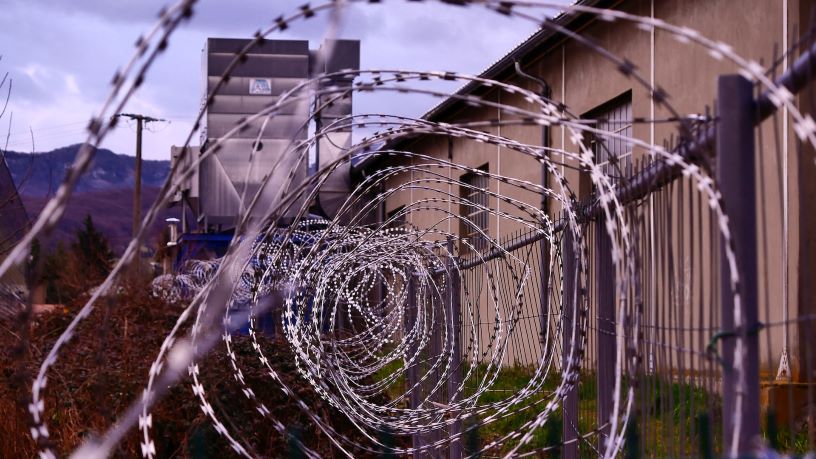Quakers lobby MPs on indeterminate sentences
Quakers in Criminal Justice (QICJ) and Quakers in Britain have briefed MPs ahead of a debate on Imprisonment for Public Protection Sentences (IPPs) on 27 April.

In September, the UK Parliament's Justice Committee said that the sentences caused profound psychological harm and mental torture. All remaining IPP prisoners should be re-sentenced, they said.
Before a Westminster Hall debate on that report, Quakers told 36 MPs with an interest in criminal justice, including ministers, shadow ministers and backbenchers, that the sentences must end.
[QUOTE-START]
The strain on both prisoners and their families is intolerable.
- Quakers in Criminal Justice
[QUOTE-END]
The Ministry of Justice's failure to accept the Justice Committee's core recommendations was indefensible, they said, adding: “The strain on both prisoners and their families is intolerable."
IPPs were introduced in the Criminal Justice Act 2003 under Home Secretary David Blunkett. These sentences, abolished in 2012, allowed for an unlimited period of detention followed by release under life licence, where the offender could be returned to prison at any point.
Around 3,000 people remain subject to their original IPP sentences and hundreds are still in jail, despite serving five times the minimum sentence.
QICJ, made up of Quakers with experience and professional knowledge of the criminal justice system, provided evidence from four men with lived experiences of IPP.
Prisoners with these sentences find it almost impossible to access rehabilitation and are much more likely to self-harm, the men reported.
One received a two-year IPP sentence and is still in prison almost 10 years later. “The rate of self-harm by IPP prisoners is nearly three times as high as those with determinate sentence," he said.
“Sixty-three IPPs have committed suicide."
Another said: “On release, restrictions set us up to fail, forming barriers in the three areas where police and probation are constantly assessing our ability to achieve: housing, employment and social networks."
Quakers called for a properly funded probation programme to help those with IPP sentences reintegrate into society and minimise the risk of reoffending.